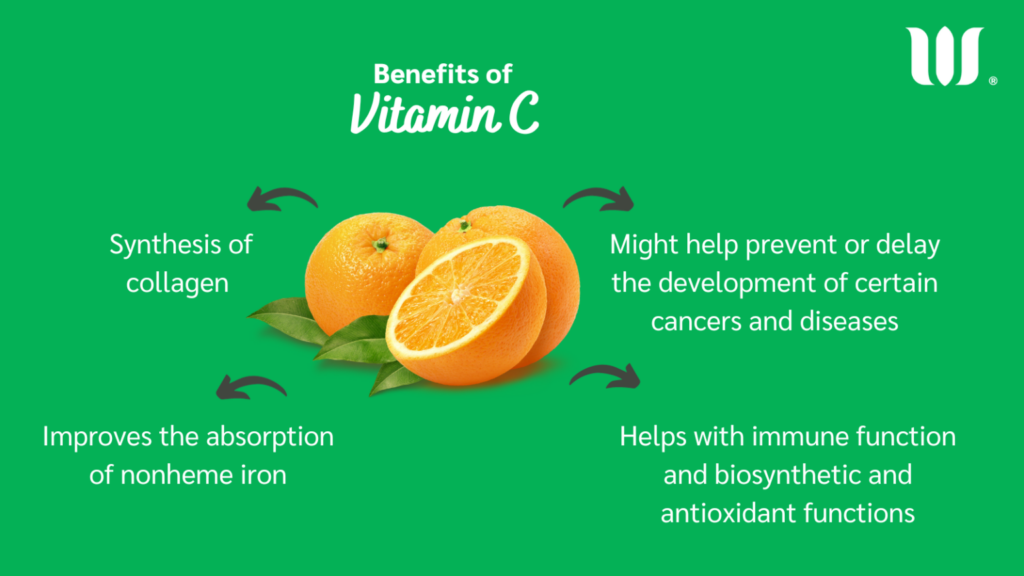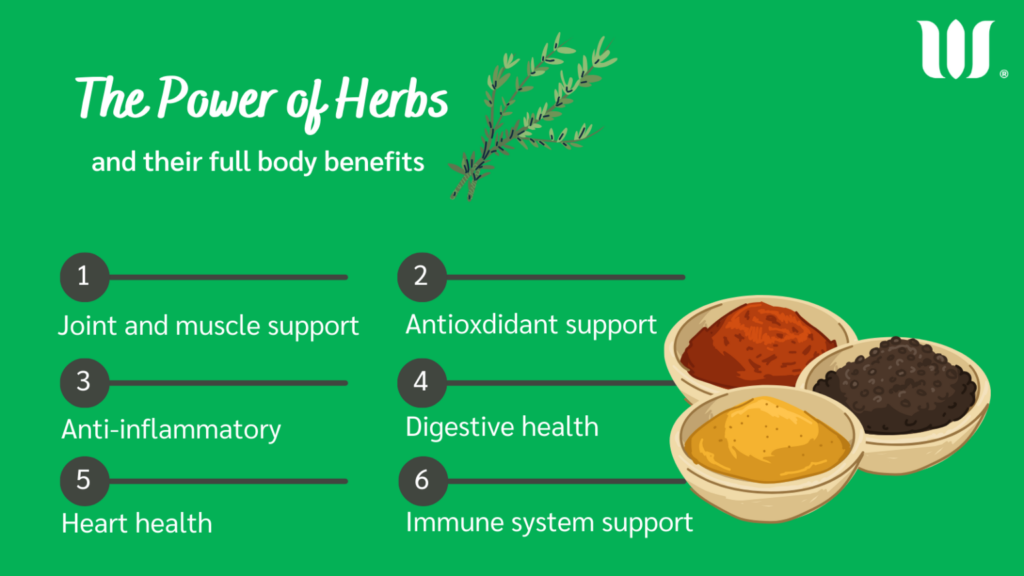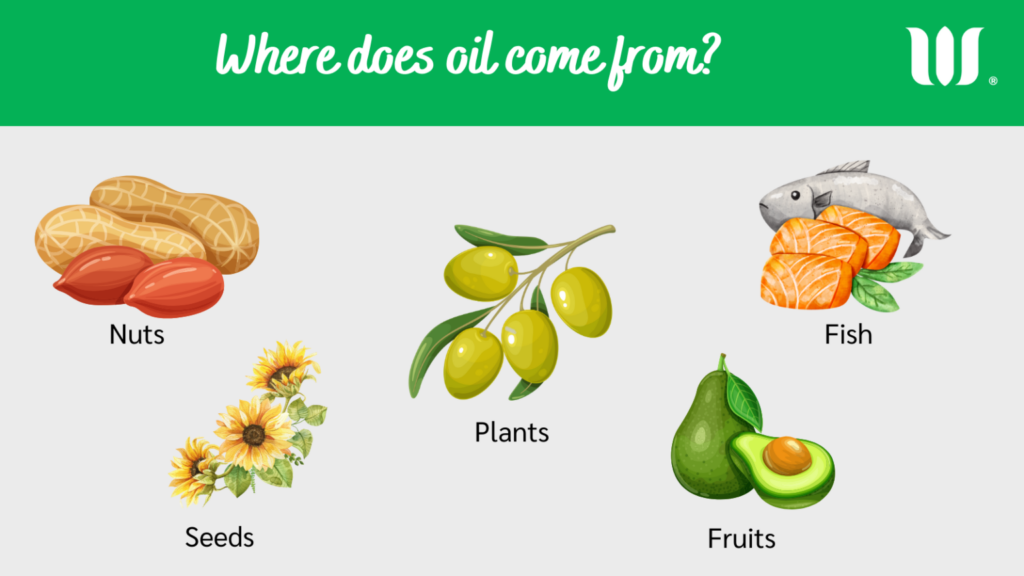The Comprehensive A to Z Nutrition Alphabet Guide
Summary
Discover essential nutrition concepts from Vitamin A to Zinc in this comprehensive A to Z guide. Learn the benefits, sources, and impact on overall well-being for each term. Whether it’s understanding the significance of a balanced diet, the role of vitamin C in immune health, or the impact of water on joints, this guide provides a foundation for making informed dietary choices and improving wholistic health.
Having a basic understanding of key nutrition terms can be helpful for individuals with an interest in wholistic health, as it provides a foundation for understanding the impact of dietary choices and supplementation on health. This comprehensive A to Z nutrition alphabet guide explores essential vitamins and key nutrients, including their benefits, sources, and impact on overall well-being. From vitamin A to zinc, each of the following terms will help provide an educational roadmap that can guide you closer to a balanced and healthy life.
Vitamin A
Vitamin A is a fat-soluble nutrient that impacts various aspects of our health such as our vision, the immune system, reproduction, and growth and development. Additionally, it can help your heart, lungs, and other organs work properly.
Balanced Diet
A balanced diet plays a key in nutrition and wellness as it provides a diverse mix of nutrients, including carbohydrates, proteins, fats, vitamins, and minerals. By incorporating a variety of food groups in appropriate proportions, a balanced diet supports overall health, helps prevent nutritional deficiencies, and contributes to long-term well-being.
Vitamin B
There are multiple different B vitamins including Vitamin B2, Vitamin B6, and more. B vitamins contribute to the body’s energy production, supporting nerve function and promoting a healthy cardiovascular system.
Vitamin C
Vitamin C has diverse roles in supporting overall health. Not only does it play a pivotal role in the synthesis of collagen, a protein essential for skin, bones, and connective tissues, but it also acts as a potent antioxidant, protecting cells from oxidative stress. Incorporating vitamin C-rich foods like citrus fruits, berries, and leafy greens can help maintain a strong immune system, promote wound healing, and contribute to the body’s ability to absorb iron from plant-based sources.

Carbohydrates
Carbohydrates are a primary class of nutrients that serve as the body’s main source of energy, including sugars, starches, and fibers found in various foods. When consumed, carbohydrates are broken down into glucose, providing a readily available fuel for the cells as well as supporting essential bodily functions.
Vitamin Deficiency
Vitamin deficiency occurs when the body lacks a sufficient amount of essential vitamins required for proper physiological functioning. This can lead to a range of health issues, such as fatigue, weakened immune function, impaired growth and development, and increased susceptibility to several diseases like cancer, diabetes, and heart disease.
Essential Amino Acids
Essential amino acids are fundamental building blocks of proteins that the human body cannot produce on its own and must be obtained through dietary sources. There are nine essential amino acids, each playing a crucial role in supporting various bodily functions, including muscle synthesis, immune function, and producing enzymes and hormones.
Folic Acid
Folic acid, a synthetic form of vitamin B9, is crucial for DNA synthesis and cell division. It also plays a key role in supporting fetal development during pregnancy. Adequate folic acid intake is essential for reducing the risk of neural tube defects in unborn babies and supporting overall cellular function in adults.
Glycemic Index
The glycemic index (GI) is a scale that measures how quickly carbohydrate-containing foods raise blood glucose levels. Foods with a high glycemic index (rice, white rice, potatoes) rapidly digest and absorb, leading to a quicker spike in blood sugar. Those with a lower GI index (chickpeas, green vegetables, carrots) result in a slower, more gradual increase.
Herbs
Herbs are plants used for culinary, medicinal, or aromatic purposes. Despite being widely known as a culinary term, many herbs are also valued for their potential health benefits, as they often contain antioxidants and anti-inflammatory compounds.

Insulin
Insulin is a hormone produced by the pancreas that plays a pivotal role in regulating blood sugar levels. In nutrition, the body’s response to insulin is crucial for managing glucose metabolism, as it facilitates the uptake of glucose into cells, helping to maintain energy balance and prevent hyperglycemia.
Joule
A joule is a unit of energy often used to quantify the amount of energy food provides. In nutrition, it is sometimes used to measure the caloric content of food, where 1 calorie is equivalent to approximately 4.184 joules.
Vitamin K
Vitamin K is an essential fat-soluble vitamin that plays a crucial role in blood clotting and bone metabolism. Maintaining an adequate intake of vitamin K through sources like leafy green vegetables contributes to overall health, supporting proper blood coagulation and bone mineralization.
Lipids
Lipids, a category of organic compounds composed of fats and oils, are integral to nutrition as they serve as a concentrated source of energy and aid in the absorption of fat-soluble vitamins. While essential for various physiological functions, a balanced intake of lipids plays a crucial role in maintaining overall health, with a focus on incorporating healthy fats, such as those found in avocados and nuts, to support cardiovascular well-being.
Metabolism
Metabolism is the process by which the body converts food into energy and is closely intertwined with nutrition as it dictates how nutrients are utilized. The type and quantity of nutrients consumed play a pivotal role in influencing metabolic rate, impacting energy expenditure, weight management, and overall physiological well-being.
Niacin
Energizing Niacin, a member of the B-vitamin family, is essential for converting food into energy and maintaining healthy skin. Found in various foods such as beef liver, fish, and legumes, niacin contributes to overall well-being by promoting healthy skin and supporting the function of the nervous system. It is also available as a dietary supplement.
Oils
Oils are a concentrated source of fats in nutrition, providing essential fatty acids and fat-soluble vitamins. Incorporating healthy oils, such as olive oil or canola oil, into the diet in moderation can improve blood cholesterol levels, help absorb fat-soluble vitamins, and contribute to overall dietary balance.

Plant Sources
Plant sources are foundational in nutrition, offering a wealth of vitamins, minerals, antioxidants, and dietary fiber to support overall health and well-being. Incorporating a variety of plant-based foods, such as fruits, vegetables, nuts, and whole grains, into your diet not only ensures nutrient diversity but is also associated with a lower risk of chronic diseases and improved digestive health.
Quercetin
Quercetin is a potent antioxidant compound found in various fruits, vegetables, and grains, and can support the body’s defense against oxidative stress and inflammation. Incorporating quercetin-rich foods like apples, berries, and onions into your diet can contribute to overall health and may offer protective benefits against chronic diseases.
Riboflavin
Riboflavin, also known as vitamin B2, is essential in nutrition as it contributes to energy production, supports cellular function, and aids in the metabolism of fats, medications, and steroids. It’s often found in foods such as dairy products, green leafy vegetables, and lean meats, maintaining adequate riboflavin intake helps prevent conditions that relate to riboflavin deficiency such as anemia, hair loss, and more.
Selenium
Selenium is a vital trace element in nutrition with antioxidant properties, crucial for supporting the immune system and protecting cells from oxidative damage. Found in foods like nuts, seeds, and seafood, incorporating selenium into the diet contributes to overall health. Selenium deficiency can result in lower immunity and more vulnerability to infections, such as human immunodeficiency virus (HIV) and hepatitis B infections.
Thiamine
Thiamine, also known as vitamin B1, assists with energy metabolism, enabling the body to convert carbohydrates into usable energy. Additionally, Thiamin also aids in the growth and function of various cells. Found in foods such as whole grains, pork, and legumes, thiamine intake is vital for supporting a healthy nervous system and overall metabolic function.
Ultraviolet (UV) Radiation
While not a nutrient, UV exposure is crucial for vitamin D synthesis in the skin, contributing to bone health and calcium absorption. Some exposure to UV radiation from sunlight is beneficial for maintaining optimal vitamin D levels, emphasizing the interconnection between sunlight exposure and nutritional well-being.
Vitamin E
Vitamin E is an essential fat-soluble nutrient known for its antioxidant properties that protect cells from oxidative damage. You’ll find it in foods like plant-based oils, nuts, seeds, fruits, and vegetables; and because of its large availability in various foods and supplements, a deficiency in the U.S. is rare. Signs of a Vitamin E deficiency include retinopathy, peripheral neuropathy, ataxia, and decreased immune function.
Water
Water plays one of the most fundamental roles in our body as it helps with nutrient transport, digestion, and the regulation of body temperature. Staying adequately hydrated throughout the day also can improve bodily function efficiency, lubrication, and cushioning joints, protect your spinal cord and other sensitive tissues, and contribute to optimal nutrient absorption.
Xylitol
Xylitol is a white crystalline, amorphous sugar alcohol often used as a sugar substitute. Additionally, Xylitol is a naturally occurring substance found in many fruits and vegetables and is known for its lower calorie content compared to sucrose, making it a common choice in sugar-free products.
Yellow dock
Yellow dock, a herbaceous plant with vibrant yellow roots, has historical uses in traditional medicine. Rich in certain compounds like anthraquinones, it is believed to have mild laxative properties and has been used in some herbal practices to support digestive health, although more research is necessary to fully understand its nutritional impact.
Zinc
Zinc is a trace mineral that plays a vital role in immune function, wound healing, and DNA synthesis. Adequate zinc intake is particularly important during periods of growth, pregnancy, and lactation, emphasizing its significance in promoting overall well-being throughout the life cycle.
Wholistic Matters’ A to Z nutrition alphabet guide serves as a resource for those eager to enhance their understanding of key nutritional concepts. From fundamental vitamins like Vitamin D to essential minerals such as zinc, each term will help enhance your wholistic health knowledge. Keep in mind there are many other nutrition terms; however, starting with the basics serves as a solid foundation for you to gradually deepen your understanding of nutrition and make informed choices about your dietary habits.
By unraveling the intricacies of nutrition, we gain insights into the impact of various nutrients on our immune system, digestive tract, energy levels, and where we may have a vitamin deficiency. By examining the world of nutrition, we find that it is not just about isolated nutrients but about embracing a wholistic approach to nourishing our bodies for a healthier and happier life.





